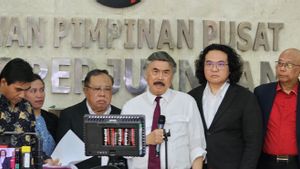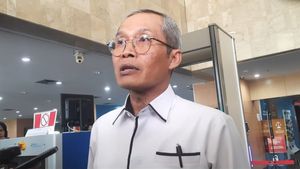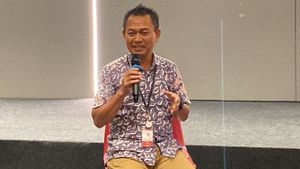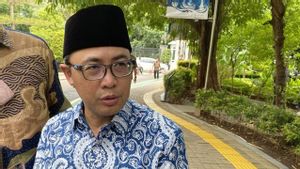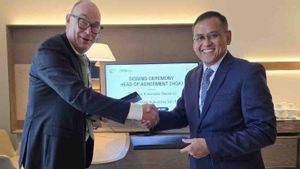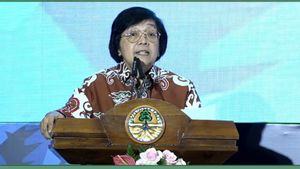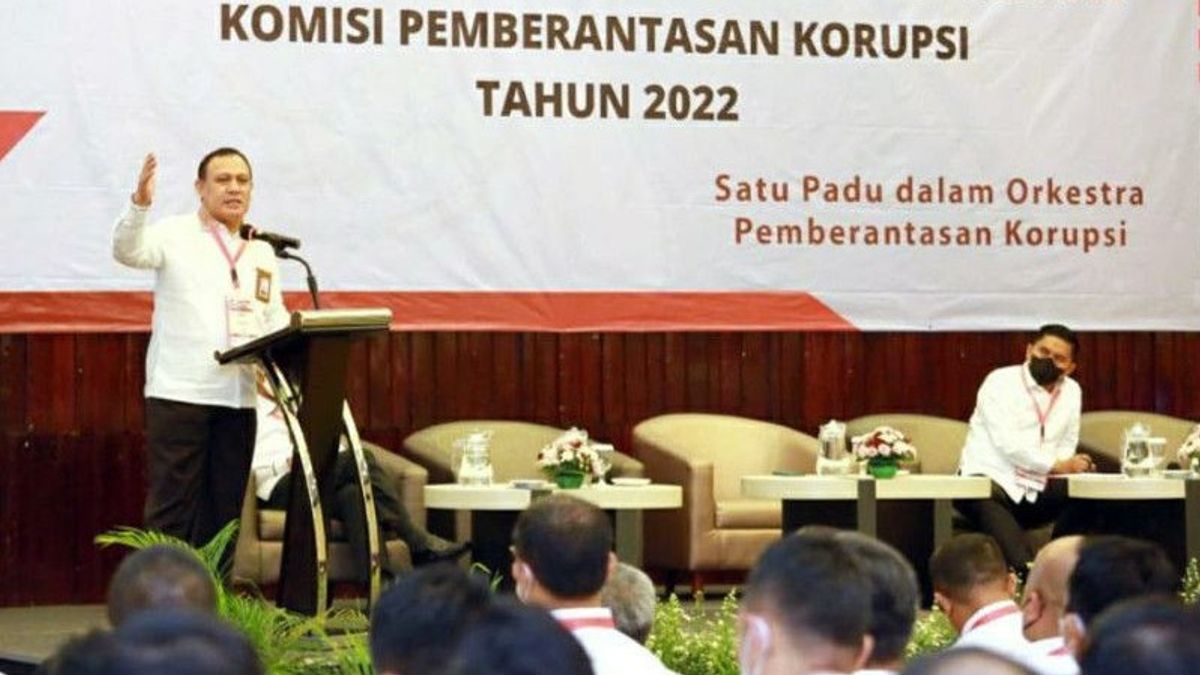
JAKARTA - Chairman of the Corruption Eradication Commission (KPK) Firli Bahuri reminded the importance of inter-functional orchestration in handling corruption cases.
This was said by Firli Bahuri in the working meeting of the Deputy for Enforcement and Execution of the KPK in 2022, Monday, May 23. The meeting which was attended by investigators, investigators, prosecutors, and all employees at the deputy office on 23-25 May 2022.
"KPK has the authority to carry out the duties and functions of investigation, investigation, prosecution and execution of court decisions in handling corruption crimes," said Firli Bahuri as quoted by Antara.
If investigations, investigations and prosecutions work in an orchestration, said the Chairman of the Corruption Eradication Commission, it seems that there are no raw investigation results
If the KPK is strong in planning its investigation, has talked with investigators, and has also talked with the public prosecutor, according to him, the final result will be certain and it can be immediately decided whether or not there is an element of corruption in the case.
In the meeting, which was used as a means of evaluation, coordination, and internal consolidation, Firli also advised the ranks at the Deputy for Enforcement and Execution to always coordinate with other authorized agencies in eradicating corruption.
"KPK is also intensively coordinating with other agencies, in the context of implementing prevention and education tasks or what is often referred to as the trident of eradicating corruption," he said.
First, through prevention efforts, the KPK encourages ministries, institutions, local governments, BUMN/BUMD, and political parties to improve the system.
"If the system is not repaired, there will still be loopholes or opportunities for corruption," said Firli.
Second, through the implementation of a strategy of action aimed at eliminating people from committing corruption as a deterrent.
"The deterrent is not only because the threat of punishment is high, but also because the social and economic impact of acts of corruption will be felt by their families and relatives so that people are afraid to commit corruption," he said.
Furthermore, there is the implementation of the duties and functions of asset tracking, management of evidence, and execution (labuksi) in a series of corruption action activities to optimize asset recovery as income for state financial treasury.
Third, through anti-corruption education or education strategies for the community by building awareness and understanding so as to create an anti-corruption culture.
Firli said the three strategies were carried out simultaneously and integrated with each other so that the eradication of corruption could be effective for the welfare of the community.
"That's why we developed these three approaches. There is nothing to be put forward, in the middle or behind. All these approaches are carried out together," he said.
The English, Chinese, Japanese, Arabic, and French versions are automatically generated by the AI. So there may still be inaccuracies in translating, please always see Indonesian as our main language. (system supported by DigitalSiber.id)




